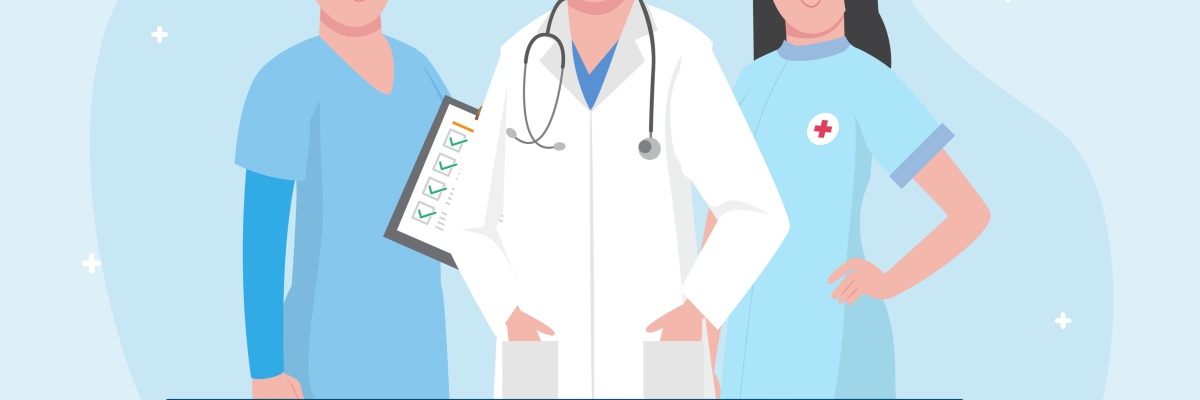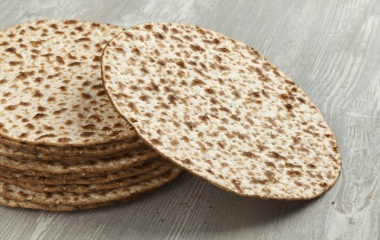
The greatest blessing one can have is that of good health. And aside from the three cardinal sins of adultery, idolatry, and murder, no law is as important as that of pikuach nefesh, the mandate to prolong life. Some of our greatest sages and scholars—most notably Maimonides—were doctors, and it is not by chance that Jews are disproportionately represented in the medical field. Just as teaching Torah is the greatest spiritual gift one can give to a person, healing is the greatest physical gift we can give; and we are mandated to do both.
It is thus quite startling to come across the following; “Six things did Hizkiyahu the king do; on three they (the Sages) agreed, and on three they did not agree…he hid the Book of Medicine, and they agreed” (Pesachim 56a). Why would Hizkiyahu do such a thing? Moreover, why would the Sages concur with such?
While we are mandated to do all we can to heal the sick, a doctor can only act as G-d’s messenger. G-d is the ultimate healer; and just as the sick must go for treatment, they must engage in prayer. The Ramban notes that the mitzvah of bikkur cholim, visiting the sick, is only properly fulfilled if one prays on behalf of the sick. Presumably, the mitzvah of bikkur cholim involves doing what we can to help the sick; the doctors heal, and visitors—unable to provide medical care—can and must pray for their welfare.
Rashi explains that Hizkiyahu felt that, for many, doctors came to replace G-d. Medicine had advanced to stage where people no longer felt prayer was necessary. They could rely, not on G-d, but on the Book of Medicine for a cure. In burying this book of cures, it was hoped that a proper balance would be restored between the role of G-d and that of the doctor.
Not surprisingly, Rashi’s view did not go unchallenged. The Rambam (Commentary to the Mishnah), as he is wont to do, uses very strong language in opposing such a notion. How could it be that Hizkiyahu, one of the most righteous of kings, would do something so hurtful to people? According to such logic, a sick person would not be allowed to eat, because he may ascribe his health to his nutrition! Rather, the Rambam[1] explains that, whatever its efficacy at one time, many of the prescriptions contained in this book were no longer valid. It was akin to using a medical textbook written fifty years ago, and doing such is nothing short of malpractice[2]. While the book was woefully outdated, it still contained some useful ideas, and was hidden (but not burned, a fate to which many of the Rambam’s books were subject). This made it available only to trained physicians, who could make use of the valuable information contained within while discarding that which was potentially dangerous.
Rashi’s views echo a minority strain in our tradition, one developed by the Ramban—namely that for the truly righteous, the proper method of healing should be reliance on G-d alone. While the Ramban acknowledges such people are few and far between (actually they are nonexistent), in theory at least, we must recognize that when sick, one turns to G-d, period. Doctors are meant for the average person, but not those who faithfully carry out G-d’s will.
This view has been rejected by mainstream Jewish thought, and one who relies on such is considered a sinner; perhaps what we may call a righteous fool, but more likely, just an ordinary fool. Yet the debate on the limits of reliance on G-d has—inexplicably, in my mind—gained traction in other areas of life. While this debate is most noticeable in the educational and employment choices made (or rather, not made) by some, it also plays out in the political realm, where some are wont to ignore and replace geopolitical considerations with a reliance on their understanding of how G-d means to act.
While the view of Rashi is most pristine[3]—why rely on sinning man when we can rely on G-d?—it is the rationalist and realistic view of the Rambam that represents mainstream Jewish thought. While we may not rely on miracles—a tenet with which Rashi agrees—we must work hard to ensure that we are constantly aware that even the natural is the hand of G-d.
[1] The Rambam also suggests that perhaps Sefer Refuah was based on idolatrous concepts, and such, cannot be used even to heal.
[2] No doubt the Rambam would be the first to admit that much of his own medical advice, like that of the Talmud, would no longer be permissible today. At the same time, the 4th chapter of Hilchot Deot—where the Rambam codifies much of his medical advice—contains much that is (and much that is not) still relevant 850 years later.
[3] I think one would be grossly mistaken to claim that Rashi says it’s best not to rely on human efforts. The hiding of the Book of Medicine seems to be a specific case of medicine gone awry that is not easily applied to other areas of life.



